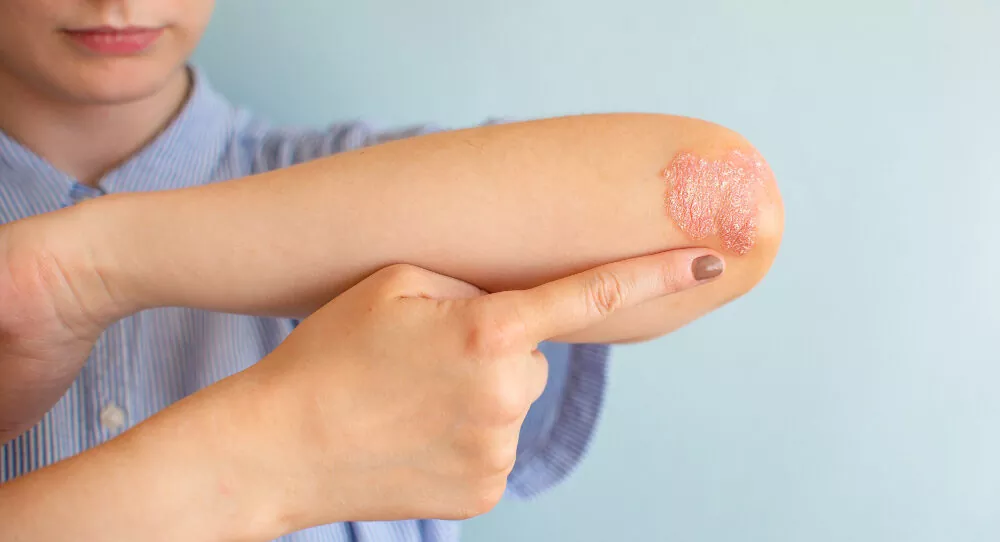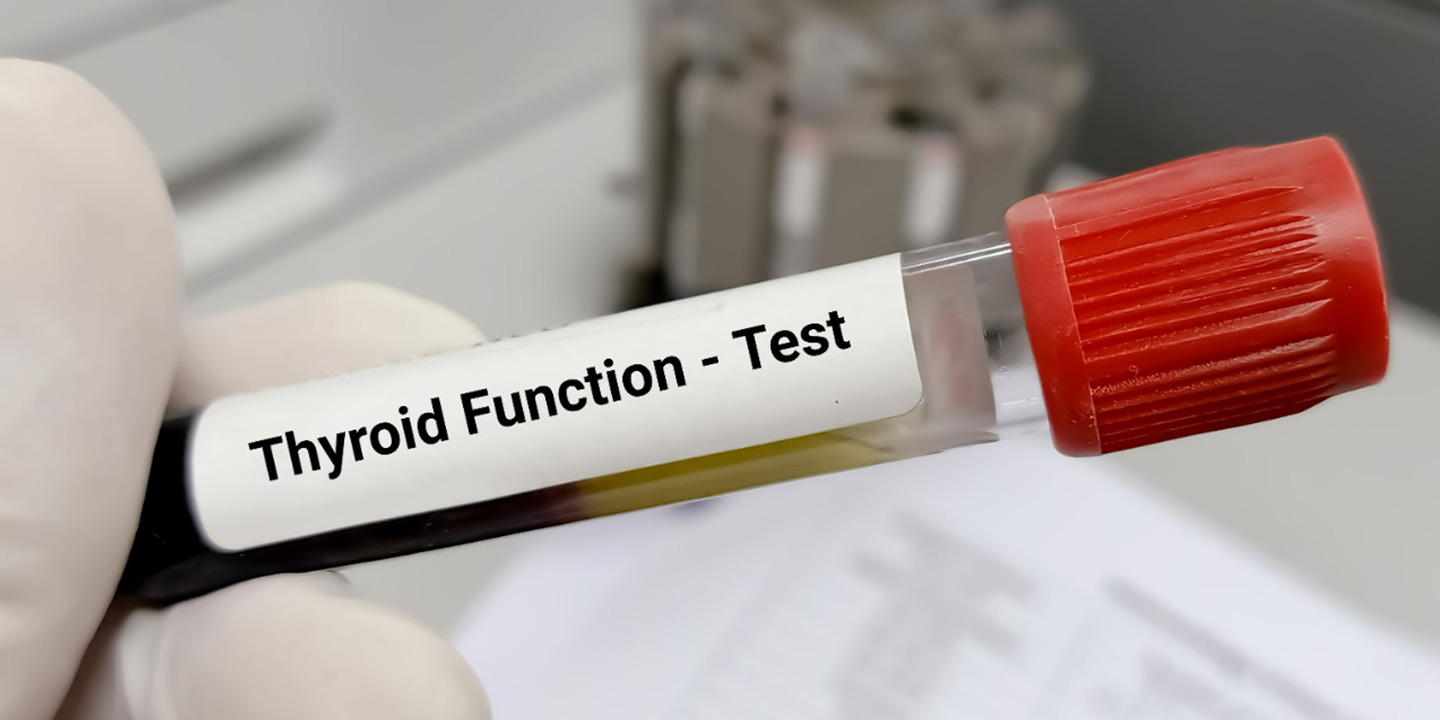Hydroquinone is widely recognized for its potent skin-lightening properties. It is commonly used to treat various skin conditions, including hyperpigmentation, melasma, age spots, and acne scars. By inhibiting the enzyme tyrosinase, which is essential for the production of melanin, hydroquinone effectively reduces the appearance of dark spots and evens out skin tone.
Selecting the Right Hydroquinone Concentration
Hydroquinone creams are available in different concentrations, typically ranging from 2% to 4%. It is crucial to choose the right concentration based on your skin type and the severity of the pigmentation issue. For individuals with sensitive skin or mild pigmentation, a 2% concentration is often sufficient. However, for more severe cases, a 4% concentration may be necessary. Consulting with a dermatologist can help determine the most appropriate concentration for your needs.
Proper Application Techniques
To maximize the effectiveness of hydroquinone skin whitening cream, it is important to follow proper application techniques:
- Cleanse Your Skin Thoroughly: Before applying hydroquinone, ensure your skin is clean and free of any makeup, dirt, or oils. Use a gentle cleanser suitable for your skin type.
- Apply a Small Amount: A little goes a long way with hydroquinone. Apply a small amount of cream to the affected areas, avoiding the surrounding skin to prevent irritation.
- Use Once or Twice Daily: Depending on the concentration and your dermatologist’s advice, apply hydroquinone once or twice daily. Consistency is key to seeing results.
- Follow with Sunscreen: Hydroquinone can make your skin more sensitive to the sun. Always apply a broad-spectrum sunscreen with at least SPF 30 during the day to protect your skin from UV damage and prevent further pigmentation.
Combining Hydroquinone with Other Skincare Ingredients
To enhance the results of hydroquinone, consider incorporating other beneficial skincare ingredients into your routine:
- Retinoids: Retinoids can increase cell turnover and enhance the penetration of hydroquinone, making it more effective.
- Vitamin C: Known for its brightening properties, vitamin C can complement hydroquinone by providing additional antioxidant protection.
- Glycolic Acid: This alpha hydroxy acid can help exfoliate the skin, allowing better absorption of hydroquinone and improving overall skin texture.
Potential Side Effects and Precautions
While hydroquinone is generally safe for most individuals, it is important to be aware of potential side effects and take necessary precautions:
- Skin Irritation: Some individuals may experience redness, dryness, or itching. If these symptoms persist, discontinue use and consult a dermatologist.
- Ochronosis: Prolonged use of high concentrations of hydroquinone can lead to ochronosis, a condition characterized by blue-black pigmentation. Limit use to recommended durations and follow your dermatologist’s guidance.
- Allergic Reactions: If you experience any signs of an allergic reaction, such as swelling or difficulty breathing, seek medical attention immediately.

Monitoring Progress and Adjusting Treatment
Regularly monitor your skin’s progress while using hydroquinone. If you do not see improvements after several months, consult your dermatologist. They may suggest adjusting the concentration, frequency of use, or incorporating additional treatments to enhance results.
Lifestyle Factors for Optimal Results
In addition to using hydroquinone, adopting certain lifestyle habits can further enhance your skin’s appearance:
- Healthy Diet: Consuming a balanced diet rich in vitamins and antioxidants can support skin health and improve overall complexion.
- Hydration: Drink plenty of water to keep your skin hydrated and plump.
- Avoiding Triggers: Identify and avoid triggers that may worsen pigmentation, such as excessive sun exposure and harsh skincare products.
Frequently Asked Questions
1. How long does it take to see results from hydroquinone?
Results from hydroquinone can typically be seen within 4 to 8 weeks of consistent use. However, it may take longer for some individuals, depending on the severity of the pigmentation and their skin type.
2. Can hydroquinone be used on all skin types?
While hydroquinone is effective for many skin types, individuals with sensitive skin may experience irritation. It is advisable to conduct a patch test before full application and consult with a dermatologist to determine if hydroquinone is suitable for your skin type.
3. Are there any side effects of using hydroquinone?
Common side effects include mild skin irritation, redness, and dryness. Rarely, prolonged use of high concentrations can lead to ochronosis, a condition causing blue-black pigmentation. It’s essential to follow usage guidelines and consult a dermatologist if side effects persist.
4. Can I use hydroquinone with other skincare products?
Yes, hydroquinone can be used with other skincare ingredients like retinoids, vitamin C, and glycolic acid to enhance its effectiveness. However, it’s important to introduce new products gradually and monitor your skin for any adverse reactions.
5. Should I use sunscreen while using hydroquinone?
Absolutely. Hydroquinone can make your skin more sensitive to the sun, so applying a broad-spectrum sunscreen with at least SPF 30 daily is crucial to protect your skin from UV damage and prevent further pigmentation.
6. How long can I safely use hydroquinone?
Hydroquinone is generally recommended for short-term use, usually no longer than 3 to 4 months. Prolonged use should be monitored by a dermatologist to avoid potential side effects such as ochronosis. Taking breaks between treatment cycles is often recommended.
7. What should I do if I don’t see any improvement with hydroquinone?
If you don’t see any improvement after several months of consistent use, consult your dermatologist. They may suggest adjusting the concentration, frequency of use, or incorporating additional treatments to enhance results.
Conclusion
Maximizing the effectiveness of hydroquinone skin whitening cream involves a combination of proper application techniques, complementary skincare ingredients, and healthy lifestyle habits. By following these guidelines and consulting with a dermatologist, you can achieve a brighter, more even skin tone safely and effectively.
Keep an eye for more news & updates on InternalInSider.Com!










